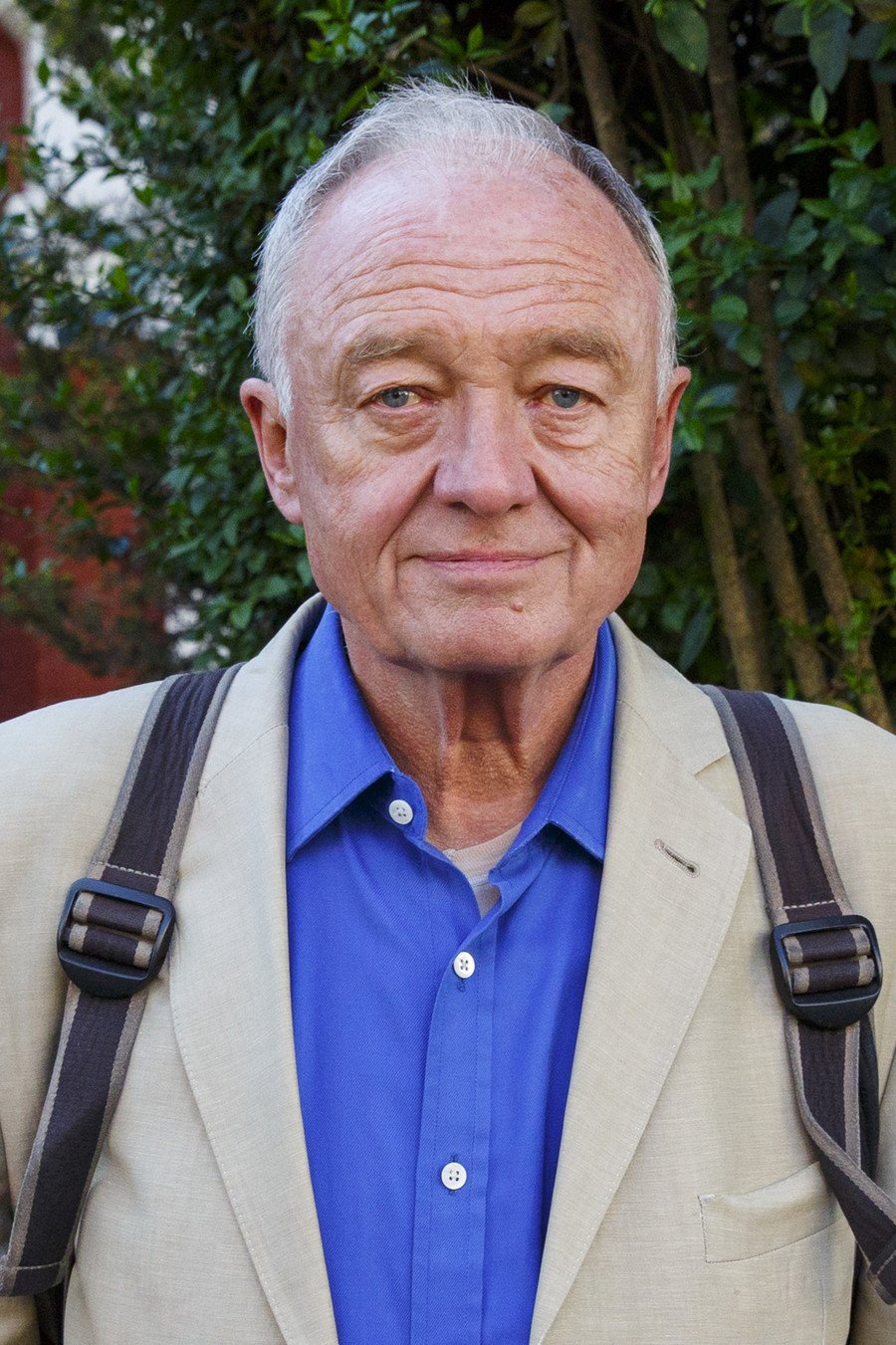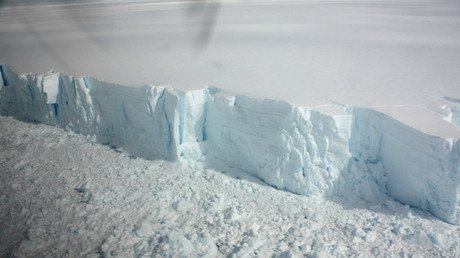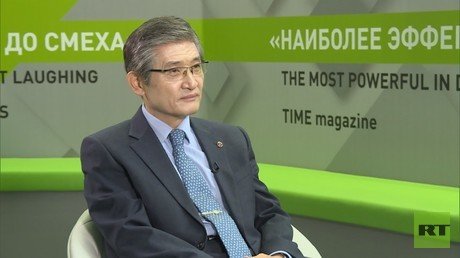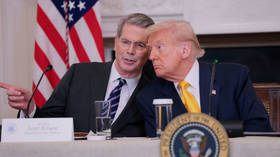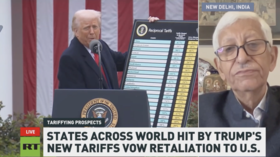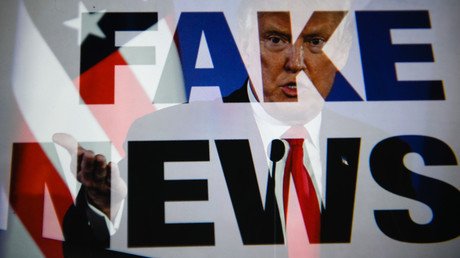Climate change threatens extinction but politicians only care about next election – Ken Livingstone
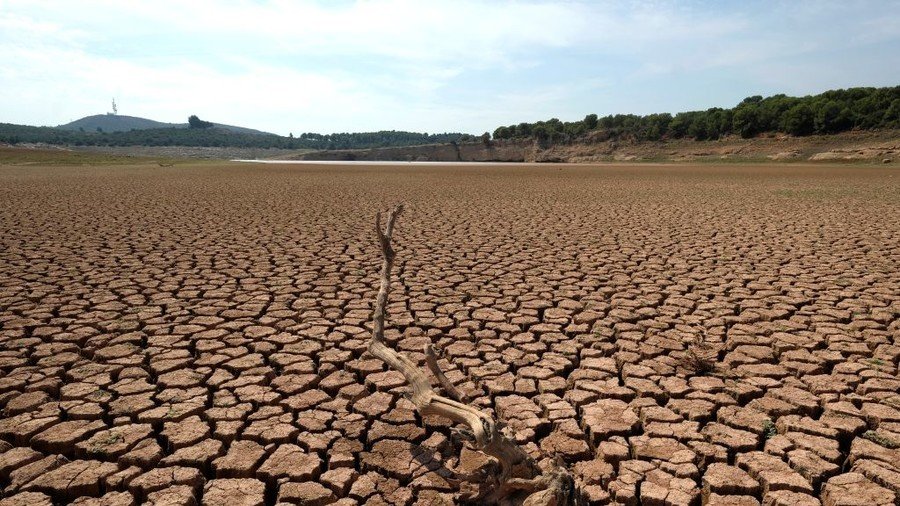
Our top-level politicians should make tackling climate change their utmost priority before it's too late. But they're distantly removed from the lives of citizens, and care only about winning the next election.
UN chief Antonio Guterres recently warned that we face "a direct existential threat" if we do not rapidly switch from fossil fuels by 2020. The failure to do so will mean "runaway climate change," and he has deplored the lack of global leadership by politicians to address the issue.
"We need to put the brake on deadly greenhouse gas emissions and drive climate action," he said, pointing out that all around the world we are experiencing record-breaking temperatures, extreme heatwaves, storms, floods, and wildfires which are leaving a "trail of death and devastation."
He referred to the number of people killed in Kerala, India after the worst monsoon flooding in recent history. He also mentioned the 3,000 people killed by Hurricane Maria in Puerto Rico last year, and wildfires on such a scale that they were sending ash around the world. Even more devastating for people living on small islands or on the coastline is the rapidly disappearing Arctic Sea ice.
Guterres said that scientists have warned us about global warming for decades but "far too many leaders have refused to listen, far too few have acted with the vision that science demands."
I find it impossible to believe that anyone like President Trump can be a climate-change denier. I have lived all my life in the city of London and remember in the late 1940s and 1950s every winter we had snowfalls, some that lasted on the ground for weeks. Most of our summers were mild and often quite wet. About once a decade, we had a really hot summer when the papers would have headlines screaming that the temperature had risen to 85 degrees Fahrenheit (around 30 degrees Celsius).
Now, in the same city, we've had two very brief snowfalls in the last 20 years and every summer is wonderfully hot with temperatures rising into the 90s Fahrenheit.
But it's not just the change I've lived with in London. Back in the 1960s, once or twice a year, television news would report some major hurricane or flood, but violent weather has got so much worse that we are now seeing these incidents two or three times a month.
In 2007, I met Dr Rajendra Pachauri who was chair of the International Panel on Climate Change and we were discussing Lord Stern's predictions that we have barely a decade before global warming passes a catastrophic tipping point. Rajendra told me he feared we may have already passed it and at best had only a few years to avoid it.
The dangers of global warming are mentioned in the final version of a vital report due to be discussed at an international meeting later this month, but some of the scientists working on it have publicly said that its warnings about climate change have been toned down in order to make the publication more acceptable to countries like the US and Saudi Arabia, who are reluctant to cut emissions.
Bob Ward, policy director at the Grantham Research Institute on Climate Change and the Environment, said: "Downplaying the worst impacts of climate change has led to the authors omitting crucial information about the summary for policy makers."
He went on to say: "If governments do not recognize the scale and urgency of the risks, they may underestimate how critical it is to meet the goal of the Paris agreement on climate change. And that could have very serious effects in the battle to limit the impact of global warming."
The report was commissioned by governments following the UN meeting in Paris in 2015, when it was agreed to take action to limit the increase in global temperature to less than two degrees centigrade and, if possible, try and keep the rise to nearer to just 1.5 centigrade. The meeting that is currently taking place in South Korea will make clear that a rise of two degrees will be devastating, including sea-level rise, a spread of deserts, a loss of natural habitats and wildlife, rapidly melting ice caps and an increase in the number of devastating storms.
Given the seriousness of this, it is outrageous that the final draft of the report has seen the deletion of the warning that any increase of around 1.5 centigrade will lead to a large increase in migration and conflict. The warning that the disruption of the Gulf stream could have – particularly on Europe – has been dropped, along with the prediction that ice-cap melting could see a two-meter increase in sea level in just two centuries.
Other deletions have included the analysis that "poverty and disadvantage have increased with recent warming (about one degree centigrade) and are expected to increase in many populations as average temperatures increase from one degree centigrade to 1.5 and beyond."
Fortunately, some politicians are acting. On September 10, Governor of California Jerry Brown signed into law a bill setting a 2045 deadline for the state's complete transition to renewable and other zero-carbon electricity. Back in August, 19 cities, including Tokyo and Paris, agreed to make all new buildings carbon neutral from 2030, and to retrofit existing buildings to the same standards by 2050. London Mayor Sadiq Khan has set the target to make London zero carbon by 2050.
Yet Donald Trump's administration is continuing to undermine the Paris deal and the president has made clear that America will withdraw from it when the rules allow him to do so in 2020. His staff continue to disrupt other politicians who are trying to achieve the Paris goals to reduce carbon emissions. Trump's administration is also trying to make it easier for energy firms to leak methane, which is infinitely more damaging than carbon emissions. This is opening us up to the danger that we could clearly hit a three-degree-centigrade increase before the end of the century.
It's not just politicians who are at fault, we are all involved in what is happening. There could be an increase in population of as much as three billion by the end of this century, but each of us is consuming more, buying more and wasting more across the face of the planet. We need to remember that what makes us happy is the time we have to spend with our family and our friends, not how much more we can buy only to throw it away within weeks or months.
Mark Lyans, in his book 'Six Degrees,' spelt out the implications of each one-degree increase. He warned an increase of six degrees will lead to the death of 95 percent of all life on the planet. Even with urgent measures to reduce carbon emissions, there would be a real danger that by the end of the century the human population will have been reduced to just a few hundred million living around the poles. Some experts are more optimistic, saying there could be two billion people alive at the end of the century, which isn't particularly encouraging given that we have already over seven billion.
One country that has set a standard all nations should aspire to is China, which nearly a decade ago launched a five-year plan towards creating a sustainable economy with renewable energy. We should now be demanding that all our politicians, presidents, prime ministers and mayors make tackling climate change the most important target of their administrations.
Back in October 2005, I invited the mayors of many big cities, including Beijing, to city hall, where we agreed to set up the C20 to represent the world's 20 largest cities and to exchange best practice and combine our purchasing power to being to tackle climate change. Today the C20 has become the C40 and in actual fact over 80 cities are now cooperating to tackle these problems.
One thought that occurs to me is that it's interesting that the politicians making the biggest effort to tackle this crisis are mayors and governors who have to deal on a day-to-day basis with the problems in their cities and regions. Perhaps the problem with national politicians is that so many of them are distantly removed from the lives of their citizens; living in grand mansions and being ferried around the planet from conference to conference by their staff. They know that tackling climate change will be bitterly resisted by some of the most polluting firms on the planet and too many of them are only focused on winning the next election, and know they will be out of power or even dead long before we pass the irreversible moment when climate change pushed our species to the brink of extinction.
Think your friends would be interested? Share this story!
The statements, views and opinions expressed in this column are solely those of the author and do not necessarily represent those of RT.
